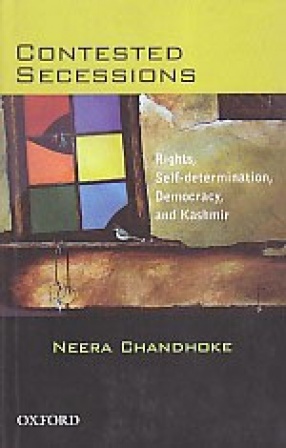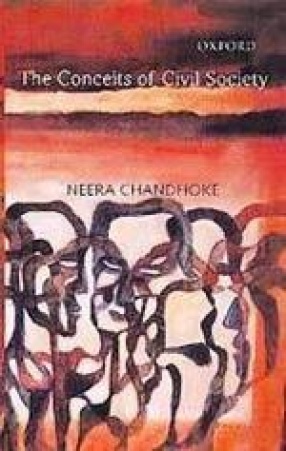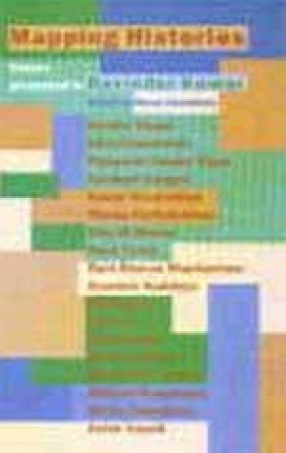
Showing all 5 books


Taking what is euphemistically termed the ‘Kashmir Problem’ as a case of contested secession, this book reflects on the wider theoretical issue of what kind of a right is the right of secession; what are the circumstances in which this right can be justified; and what are the moral considerations that impact the right. By building into liberal theories’ additional factors that characterize contested secessions, Neera Chandhoke reworks existing ...


Ravinder Kumar, an outstanding historian, is well known for his pioneering work on the social consequences of colonial rule in India. His seminal essays on the Rowlatt satyagraha and on politics in the city of Bombay in the 1920s and 30s; his work as editor of documents relating to events in 1947 for a volume in the Towards Freedom series; his conceptualization of India as a ‘civilization state’ to better understand its plurality and cultural diversity—all ...

This book revisits the idea of secularism and explores the reasons for its apparent inability to bridge divisions in Indian society. The author argues that the rise of majoritarianism has precipitated the need to move beyond the current understanding of secularism in order to effectively protect minority identities. Chandhoke exposes the theoretical shortcomings of secularism and examines its relation to normative political ideas such as democracy, equality, and ...

Civil society is today considered a panacea to the many ills of the modern world by philosophies and ideologies of every hue—from trade unions, social movements, international organizations, and lending agencies to states, both autocratic and democratic. This book problematizes the idea and the practices of civil society and cautions that the ubiquity of the concept may ultimately prove to be its undoing. According to the author, civil society today has been ...
